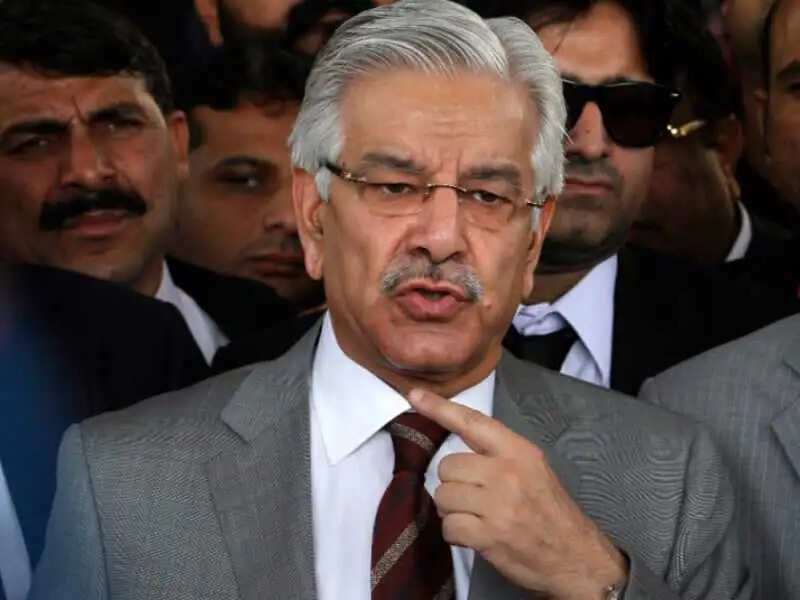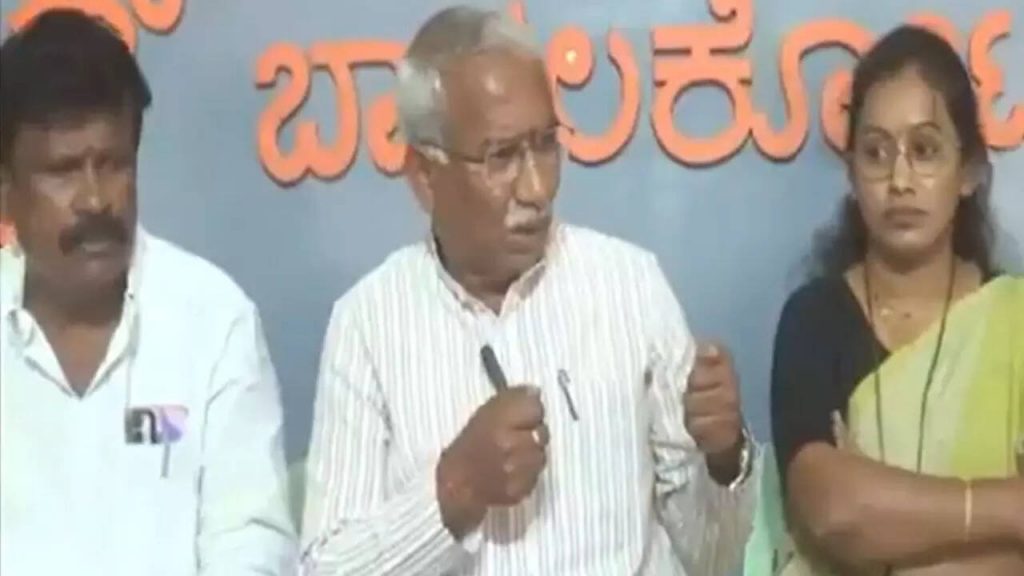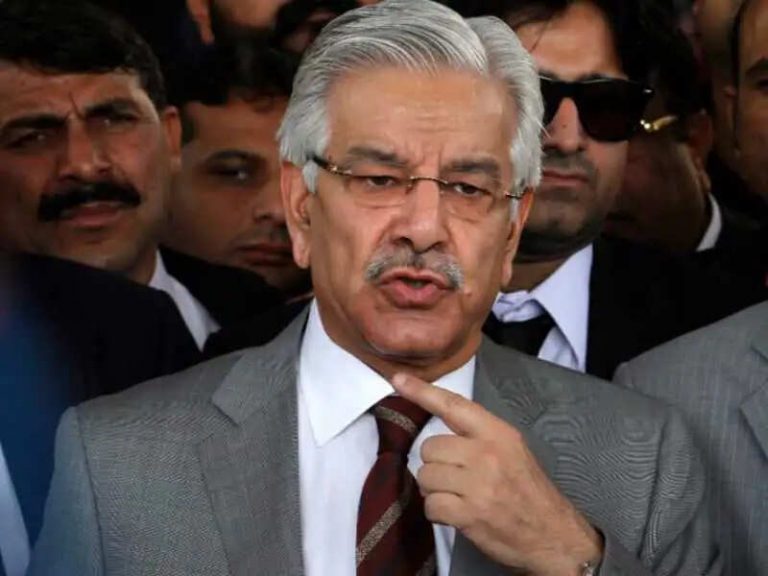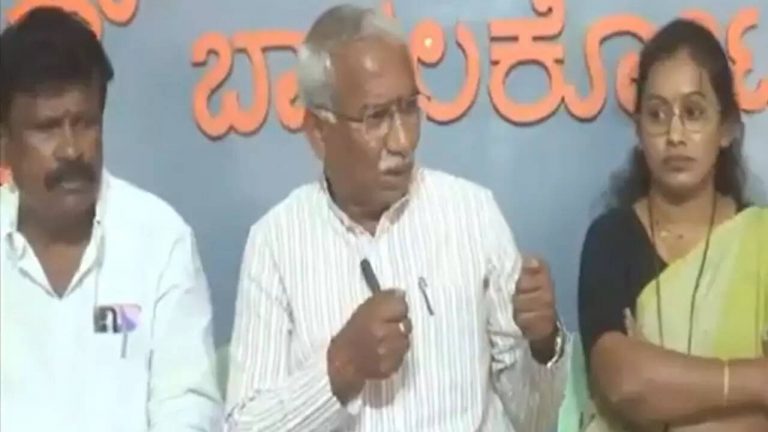The Indian government has recently announced new measures to boost the economy amidst the COVID-19 pandemic. Finance Minister Nirmala Sitharaman unveiled a $266 billion stimulus package aimed at supporting various sectors including agriculture, small businesses, and workers. The package includes liquidity measures, credit guarantees, and free food grains for migrant workers. Additionally, the government plans to amend the Essential Commodities Act to deregulate food items, promote a one nation, one ration card scheme, and provide affordable rental housing for urban migrants. These measures are part of the government’s efforts to revive the economy which has been severely impacted by the lockdown imposed to curb the spread of the virus. The stimulus package is expected to provide much-needed relief to businesses and individuals struggling due to the economic downturn caused by the pandemic. The government also aims to boost domestic manufacturing and reduce reliance on imports, especially from China. This move aligns with the government’s vision of a self-reliant India or “Atmanirbhar Bharat.” The stimulus package is seen as a step in the right direction towards economic recovery and growth in the post-pandemic era.Experts believe that these measures will help in reviving consumer demand, creating job opportunities, and stabilizing the economy. The government’s focus on supporting key sectors like agriculture, MSMEs, and migrant workers is crucial for ensuring a sustainable and inclusive recovery. It is hoped that these initiatives will not only provide immediate relief but also pave the way for long-term growth and development in India.

Posted in
JUST IN
“India’s COVID-19 vaccination drive reaches new milestone with 1 billion doses administered, a significant achievement.”
In Trend

“India’s COVID-19 vaccine drive expands to include citizens above 45, boosting vaccination efforts nationwide”




















